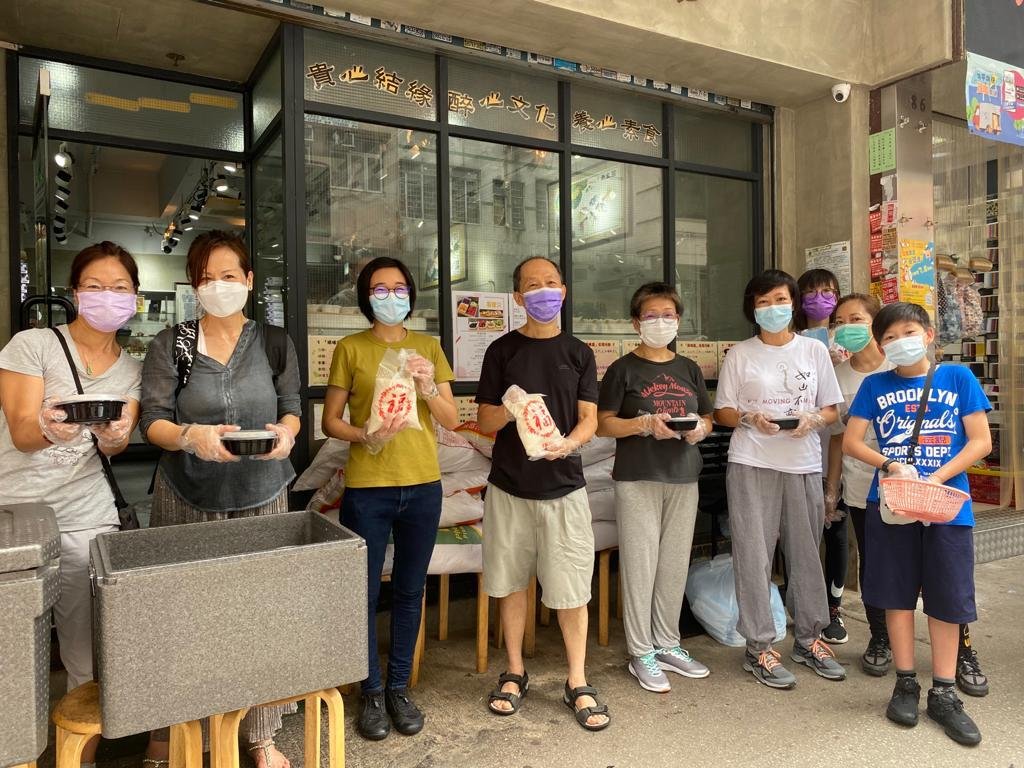Enough Mind
Zen Master Dae Jin once told me that when Zen Master Seung Sahn was invited to lead a retreat and give a dharma talk at a temple in Taiwan, Zen Master Seung Sahn discovered during a break that his monk’s bag was stolen. At the end of the dharma talk, the abbot made an announcement to the audience about what had happened. Many people felt sad and ashamed. How could someone do this to a visiting Zen master? Immediately they started collecting money for our teacher. But he said to everyone: “Since the money was lost, that’s my karma—let it be. All of the money that has been collected should be donated back to the temple.”
This is Zen Master Seung Sahn’s great teaching of the power of enough mind. He would accept his misfortune without taking advantage of his karma.
Enough mind is one of our important Zen teachings. If we have enough mind, then we will not chase after our desire, greed, and illusory thinking. Enough mind helps us to become clear and keeps us from being hooked by any outside situation. When we are clear and have enough mind, it will be natural for us to share whatever is needed by others. There is no ego involved. There is no such idea or concept that “I” am helping “you."
I was fortunate to witness and study with Zen Master Seung Sahn during the last ten years of his life. I learned directly from him what is enough mind. There were many ways that he demonstrated the nature of being enough, and he taught us with his actions. He was always willing to share his dharma to those who were willing to learn. He'd shout at those who were stubborn and thick-skinned to wake them up. I always enjoyed listening to his kimchi English on how understanding cannot help you! One more step is necessary to make correct life with great love and great compassion, and then help save others from suffering.
He always had a special place in his heart for those who were in a lower position, such as those who worked in the kitchen and those who used their labor to make a living. He always shared with them a big smile and some money or presents that he brought from Korea or other travels. Wherever he stayed in any hotel, he always put some money on the pillow for the housekeeping staff. Whoever gave him service, he would reward them with a present. Not only that, but he also respected those who were senior to him, bowing to them and covering them with a shawl when they were cold. When one of our students, an old illiterate woman, lost her son, he held her hand and chanted Kwan Seum Bosal with her. He told her that our physical body has life and death, but when you chant Kwan Seum Bosal, that mind has no life or death. If you focus on that, your son is always with you. Such wonderful dharma, which was so human and which saved a suffering mother!
Another time when we were in Sri Lanka traveling to give talks, some Korean sunims came to join his dharma talks. After the talks, Zen Master Seung Sahn invited them to meals and gave each of them three hundred dollars. All the sunims were touched by his kind offering. He told me that they lived abroad, so they needed money. When students gave Zen Master Seung Sahn money, he would use the money to help others, buy Buddha statues, build Zen centers, and give less fortunate students air tickets to travel to retreats or just to travel together with him so that they could broaden their life experiences.
I sincerely hope all Zen practitioners attain this enough mind. Zen Master Seung Sahn once said that this world is already rotten. If you want to fix the outside situation, the best way is to find the seed of this rotten fruit—the seed of our true nature that always feels enough. When we are enough, love and caring will appear by itself, and wisdom will be there to help us to act appropriately.
Thank you, Buddha and all the patriarchs, for this precious teaching. Special thanks to our great teacher, Zen Master Seung Sahn, for presenting this teaching directly to us so that we don’t have to waste our time to search for it. All we need to do is to let go of our attachment to anything that arises in our mind, and to apply this teaching to our everyday life wholeheartedly. The power from the seed of sharing is in all of us all the time—we just need to recover it.

